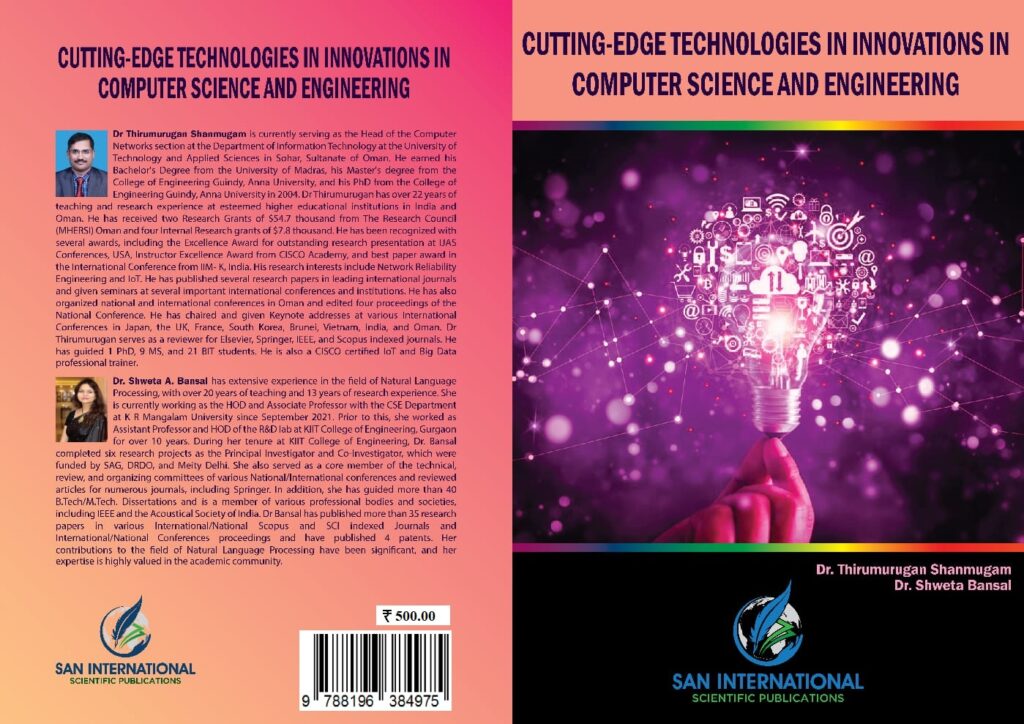Mr. Pradeep Sharma
Assistant professor, Gyan Ganga College of Excellence, Jabalpur, Madhya Pradesh – 482003, India.
Abstract
Deep learning is a subset of machine learning that involves training artificial neural networks to perform complex tasks, such as image recognition, natural language processing, and speech recognition. Neural networks are computational models that are inspired by the structure and function of the human brain. They are composed of layers of interconnected nodes, or neurons, that process and transmit information. Deep learning algorithms allow these networks to learn and improve over time by adjusting the weights and biases of the neurons. Deep learning has revolutionized many industries, including computer vision, natural language processing, speech recognition, and autonomous driving. Its ability to learn and improve from large datasets has made it a powerful tool for solving complex problems that were previously thought to be impossible. However, deep learning also presents many challenges, such as the need for large amounts of data, high computational resources, and a lack of interpretability. These challenges have spurred research in areas such as transfer learning, explainable AI, and adversarial attacks. Despite these challenges, the potential of deep learning and neural networks is vast, and it is likely that they will continue to play an important role in shaping the future of technology.

